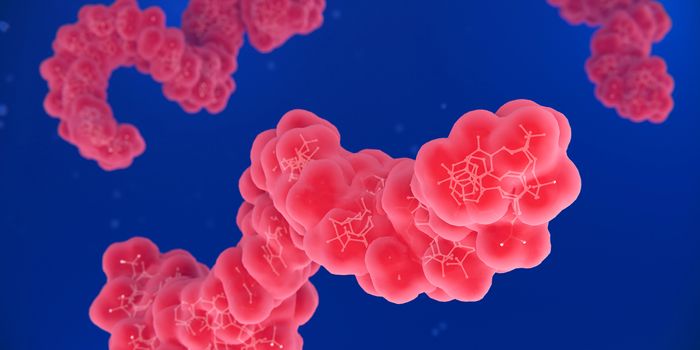How Prostate Cancer Becomes Deadly
It is not unusual for advanced prostate cancer to become resistant to treatment. Of these resistant cases, some progress to a specific form of the disease, which is particularly aggressive and deadly. Scientists have now learned more about why certain prostate cancer cases can transform in this way. These new insights could help scientists stop this transition, and develop therapeutics that can treat these prostate cancer cases more effectively. The findings have been reported in Nature Genetics.
In this study, the researchers mapped out the process in which prostate cancer become more aggressive, and convert to a form called neuroendocrine prostate cancer (NEPC). About 20% of advanced prostate cancer patients develop NEPC. Once that happens, the disease progresses more rapidly and cannot be treated.
"Prostate cancer is one of the most commonly diagnosed cancers, affecting countless patients and families," noted lead study author Jindan Yu, MD, Ph.D., of the Emory School of Medicine. "While it often responds well to hormone therapy, many cases eventually develop resistance. One major pathway leading to treatment failure and disease progression is the transformation of prostate tumor cells into NEPC, a new beast that lacks the targets for existing prostate cancer drugs."
In this work, the researchers applied genetic technologies to prostate cancer cells to reveal the molecular changes that were underlying their transformation to NEPC cells. They determined that the DNA in these cells gains a new three-dimensional structure, which boosts the activity of genes that promote the transition to NEPC.
Two genes in particular, which produce the proteins FOXA2 and NKX2-1, seem to be essential for these changes. The process is also crucially aided by enzymes known as CBP and p300.
FOXA2 acts first, changing the epigenetics of the DNA, and making portions that would normally be off-limits, accessible. With those areas opened up, a gene that is normally active in the brain and lung, called NKX2-1 can trigger changes in cells that reprogram them, to create NEPC cells. The identify of these cells is altered, and they become deadlier.
There are drugs that can inhibit the activity of the CBP and p300 enzymes, some of which are now in clinical trials, that could reduce the growth of NEPC. But now that scientists now more about how the deadly form of NEPC arises, they can look for effective ways to stop it.
Sources: Emory University, Nature Genetics









